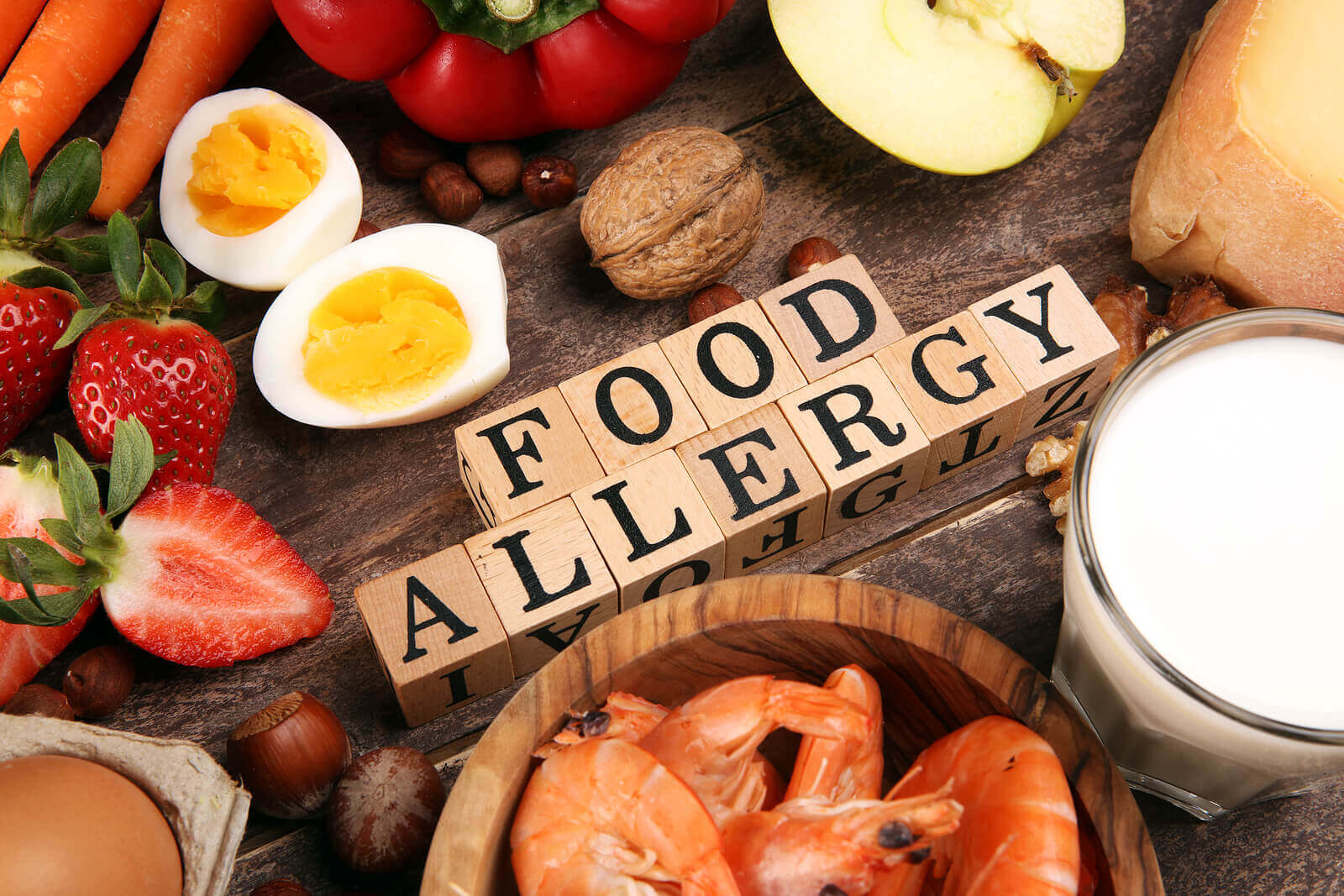Perhaps someone you love has a food allergy. They are severely allergic to nuts or milk and you see how this impacts their life. You witness as they read and re-read each label, ask questions about food preparation, and worry about a reaction. As someone who cares for them, you always make sure when they are around to be mindful and supportive of their fears. The experience of living with food allergies can be anxiety-producing for many, but for some, it can even be traumatic. What does this mean for people living these traumatic experiences as they navigate life with food allergies, and what does this mean for the people who support them? Here are some helpful tips if you think you or someone you love may be experiencing trauma due to their experience with food allergies.
Education about food allergies and trauma is key.
It is important that people with food allergies, their medical providers, and their support team understand what trauma is and how it can impact them. Having this knowledge will help you be the best support you can be to your loved one. To help you begin your journey of learning about trauma and food allergies, here is some helpful information.
Trauma is an experience that threatens your sense of safety and impacts how you view the world.

An example trauma therapists often use to explain the impact of trauma is the snake story. To understand the snake story, imagine that you are going hiking on a beautiful day. You are walking along peacefully, enjoying the scenery when you spot a snake nearby on your path. Your body responds in fear, alerting you to the danger, as you flee the snake. Now, imagine you go back the next day to continue on your hike. This time you are a bit more vigilant, struggling to take in the scenery, worried you may come across another snake. Suddenly, you see a stick on the floor. Your body responds, worried that it is a snake, and you take a jump back.
You see, the brain is wired for survival. The brain prioritizes even the possibility of a threat. The example above demonstrates how trauma can impact the way you respond to the world around you. With this in mind, we can see how the potential or near experience of having a fatal reaction to food can be traumatic.
What would trauma look like for a person who is living with food allergies?
A person who has experienced food allergy trauma may be extra vigilant, and their body may be responding as if they are in danger at all times (sweating, trouble breathing). Their fears related to eating may be so severe they worry about an anaphylactic reaction and their mortality constantly. They may be triggered by certain foods or packaging, and feel unable to eat even if they know it is an allergy-safe food.
Food allergies impact what restaurants they can go to, so they may be left out of activities with friends. Social support and our connection with others buffer trauma. Living with food allergies can be isolating for many, and when combined with the impact of trauma, can have a severe impact on one’s quality of life. This brings me to my next tip:
If you believe that this may be happening to someone you care about, engage in social activities with them that do not center around food!
This can look like a day at the park or a museum trip. Perhaps you can even invite them to join in on one of your favorite coping skills, like a guest pass at your yoga class.
Make it easy for your loved ones to be assertive about their needs.
Trauma can make it hard to advocate for one’s needs. The rush of anxiety that comes in situations that feel potentially dangerous can send the body into a state of freeze. This paralyzing experience can make it hard to do anything but withdraw. Be the friend that speaks up and volunteers food labels and ingredient lists. Have unopened packages of familiar foods that you know will be safe. Check in about whether the restaurant the group is tossing around really works for your loved one with food allergies. Ask your friend what you do that they find helpful or unhelpful, so you can do more of what works.
Encourage your loved ones to find support from a trauma therapist who is knowledgeable on food allergies, anxiety, and trauma.

If you are experiencing trauma due to food allergies, know that help is available and you can move forward and thrive. If someone you love is experiencing trauma due to food allergies, connect them with this page. Identifying trauma is the first step in healing.
Begin Therapy For Food Allergies and Anxiety With A Trauma Therapist in Scotch Plains, NJ and Branchburg, NJ
If these tips are helpful but aren’t quite enough to get you past your anxiety, it may be time to consider therapy at Brave Minds in New Jersey. Our compassionate trauma therapists specialize in food allergy therapy and help people navigate life with food allergies and anxiety. We will work with you so you can move forward with a more positive mindset. It all starts with these three steps:
- Contact us to get started at Brave Minds Psychological Services
- Meet with a food allergy and anxiety therapist
- Start living a life not ruled by allergies and anxiety
Therapy Services We Offer in Scotch Plains, NJ and Branchburg, NJ
Allergy, anxiety, and trauma therapy aren’t the only services that our understanding therapists offer at Brave Minds Psychological Services. For adults, we provide EMDR Therapy, couples counseling, postpartum counseling, and birth trauma therapy. Our services extend beyond adults. Our therapists provide therapy for teens and children. This is why we offer teen anxiety treatment, social phobia therapy for teens, child sexual abuse therapy, child anxiety treatment, and more. Prefer building a support network with group therapy? Our therapists also offer several options for group therapy. Our services are offered in person at our Scotch Plains, NJ office and through online therapy in New Jersey.



